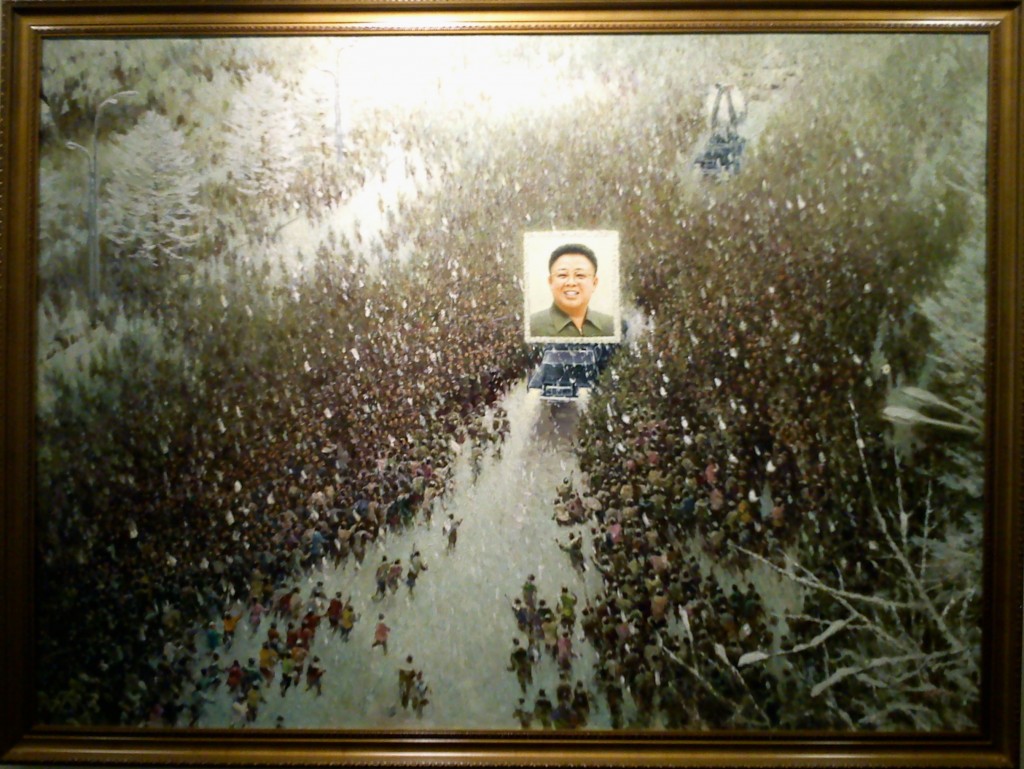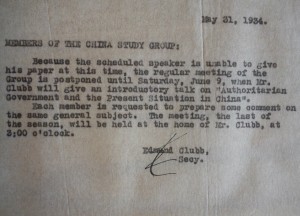During my recent visit to Beijing I went for a walk one morning, and ended up at Guozijian (国子监) and the Confucius Temple (孔庙). Guozijian was a kind of national academy for examinations (科举) during imperial times. A few Chinese tour groups passed through, and there was a distinct smell of incense, but I could not see it burning anywhere. I heard a tour guide discuss the difference between burning incense in a Buddhist temple and a Confucius temple, focusing on the different things one should ask for at each place… Popular ”Confucian” worship in the middle of Beijing?

In the side buildings were exhibitions about Confucian ceremonies and on Confucianism and its influence in the World. The exhibition on Confucian influence made me confused. The final display showed the distribution of Confucius Institutes (孔子学院), and the text in both English and Chinese explained:
[we] shall carry traditional Chinese culture and Confucianism forward to the world, establishing Confucianism as an outstanding branch among the various world cultures
把以孔子儒学为主干的中国传统文化传向世界,使孔子儒家学说成为世界多元文化中的一枝奇葩
So much for the criticism of Confucius Institutes as tools of Communism! This is their true aim… or maybe not? Other texts claimed, in both Chinese and English, that Gottfried Leibnitz (莱布尼兹) was a German missionary. I thought he was a philosopher inspired by Confucianism.

It all seems very confused and haphazard for being the second most ”sacred” place for Confucianism in China after his birthplace Qufu (曲阜). However, I found more clues to contemporary ”Confucianism” as I was about to leave Guozijian. In the last side building there was a temporary art exhibition. To my great surprise it was an exhibition to commemorate the 100th anniversary of the birth of Kim Il Sung (金日成), ”eternal president” of North Korea! I would rather not see Kim as a benevolent Confucian father figure, but maybe someone thought it would be a proper place for him. A more plausible interpretation would be that not many people visit Guozijian, and it is therefore easy to ”hide” such an exhibition, unwanted but necessary for diplomatic reasons. ”Confucianism” can be very useful…



